The oil is made from cold-pressed mustard seeds. Commonly known as Sarson Ka Tel
Cardiac Health
Incorporating mustard oil into your diet may help protect against heart disease, according to a study in the April 2004 issue of the “American Journal of Clinical Nutrition.” The oil is rich in monounsaturated fats and polyunsaturated fats, both of which help lower bad cholesterol and raise good cholesterol. Improving your cholesterol balance will also help lower triglycerides, or blood fat levels, which can in turn prevent obesity, kidney disease, and hyperthyroidism, in addition to improving heart health.
Anti-Bacterial
Mustard oil is thought to work as an antibacterial agent when taken both internally and externally, and as an antifungal when used externally. Internally, it can fight bacteria infections in the colon, intestines, and other parts of the digestive tract. Externally, it can treat both bacterial and fungal infections when applied directly to the skin. In fact, researchers from the Armed Forces Institute, reporting in the October 2004 issue of the “Journal of the College of Physicians and Surgeons” state that a 1 to 1 mixture of honey and mustard oil is effective at killing dental bacteria and may be useful in root canal treatments.
Skin Benefits
Mustard oil is often applied externally, especially during massages. The oil has high levels of vitamin E, which helps improve skin health. It can help protect the skin against free radicals from ultraviolet light and pollution, and can even help reduce the look of fine lines and wrinkles. Additionally, when rubbed into the skin, the vitamin E in the oil can help promote circulation and immunity. A study in the June 2007 issue of the “Journal of Health, Population, and Nutrition” reports that even though mustard oil is routinely used in India as a massage oil for newborns, it has the potential to be toxic to the skin. Use caution when you use it for the first time to see if your skin reacts with a rash or swelling.




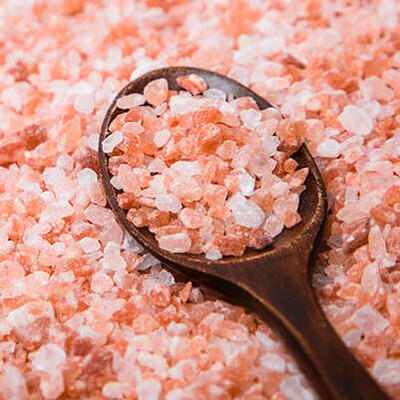
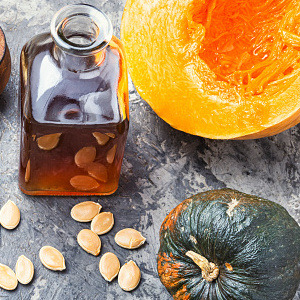
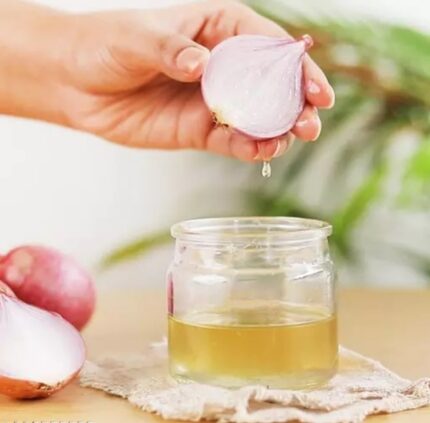
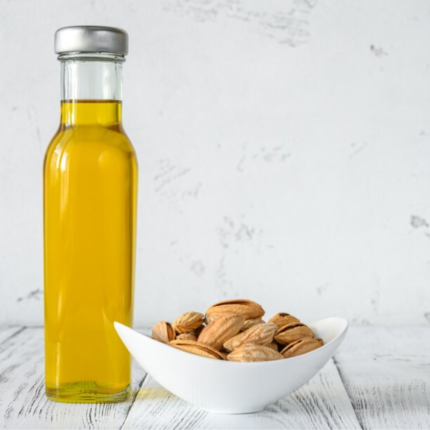
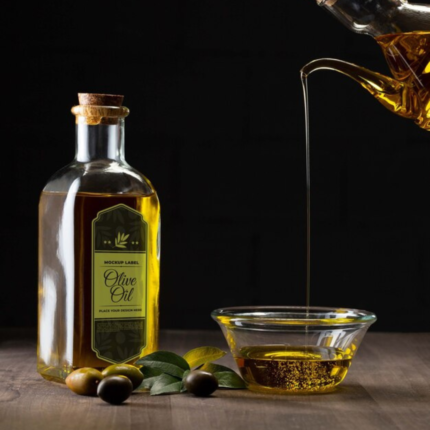
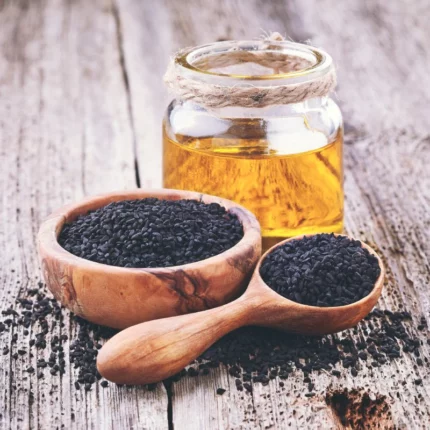
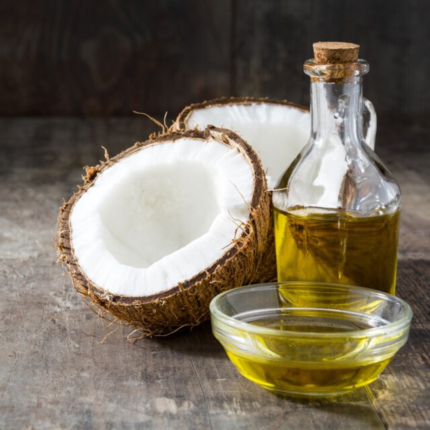
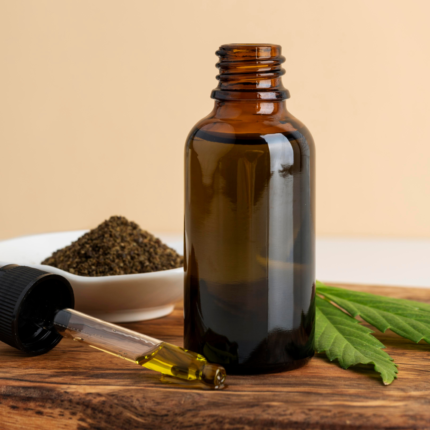
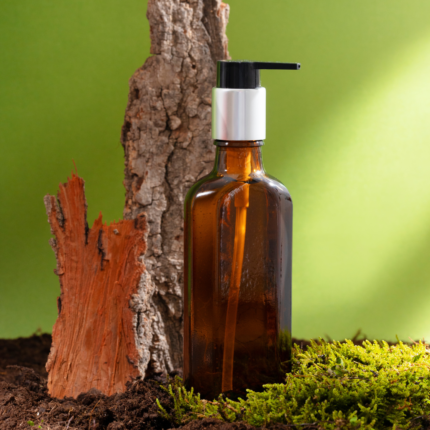
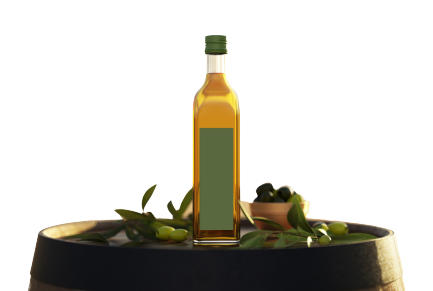
Reviews
There are no reviews yet.